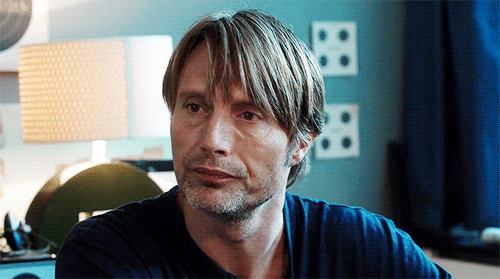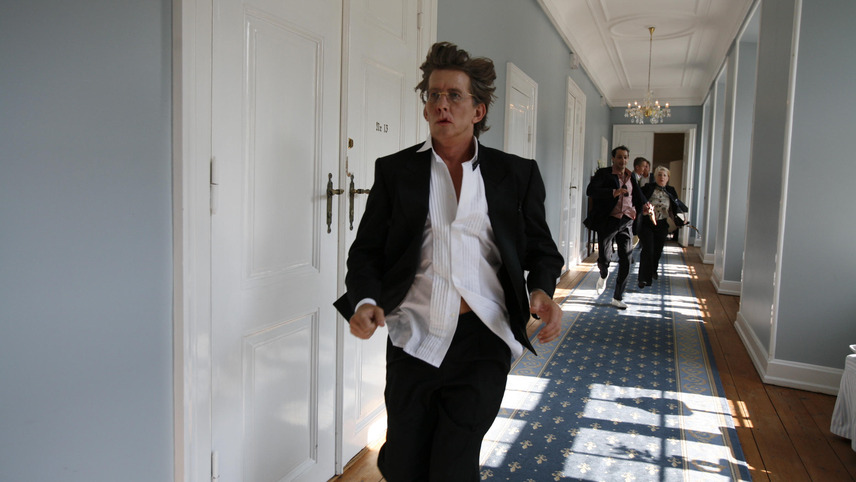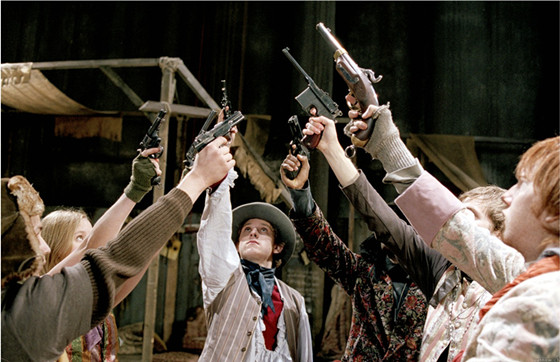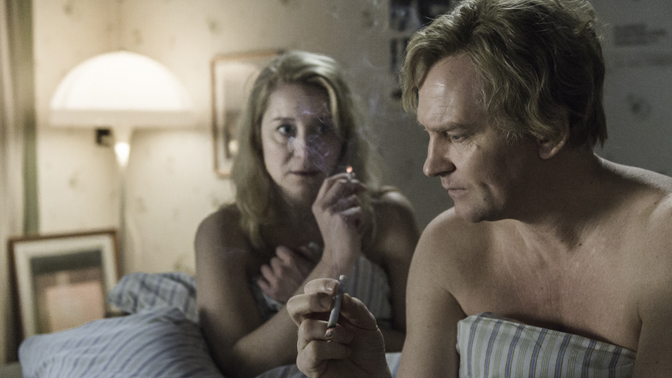
In 1995, Danish directors Lars von Trier and Thomas Vinterberg announced the birth of a cinematic movement called Dogme 95. The movement set up a list of rules aiming to move cinema away from the corporate ways of Hollywood and its ”technical gimmicks”. The Dogme films had to concentrate on the storyline and the performances of the actors, film on authentic locations, and not use any special lighting or effects.
Vinterberg had the honor of producing the first Dogme 95 film, creating the critically acclaimed “Festen” (“The Celebration”). The cultural significance of the movement is undeniable, but the Danish director has managed to make a name of his own and follow a very interesting path in his career.
In his films, Vinterberg tackles tough subjects like the hard face of society, the huge need for a community, dysfunctional families and sibling relationships, the importance of friendship, and the seriousness of mental illness.
Even though Dogme 95 has been officially broken up since 2005, Vinterberg often returns to the basic aesthetics of the movement with the handheld camera, fast-paced sequences, authentic themes and realistic cinematography.
While he made a great start with his first feature films, Vinterberg underwent a great period of time when his films flopped either critically or commercially for various reasons. Nevertheless, quite admirably the director managed to get himself out of the disappointments and in the last seven years he has presented us with some praiseworthy, amazing works. Evidently, when his films are bad they are bad, but when they are good they are exceptional.
Thomas Vinterberg has managed to become something much more than the co-founder of Dogme 95. He is one of the most important directors of modern European cinema with a lot of great potential and deserves more praise and acknowledgment.
9. It’s All About Love (2003)

In a near apocalyptic world, John (Joaquin Phoenix) and Elena (Claire Denis) fight to keep their love around despite the conspiracies and the natural disasters happening around them.
Tangled between a dreamy and a nightmarish atmosphere, this movie was a great idea that failed to deliver and Vinterberg’s hard time in concluding this film really shows in the final product. The great cinematography and amazing music score are overshadowed by the unnecessarily complex storyline and the underwhelming performances.
At its core, the film really is about love, as the title suggests, and its great effect on people (and ultimately the whole world). However, you can’t help but notice all the missed potential as the script deteriorates into more and more of a confusing path, even for a film designed to serve a more ethereal and dreamy nature.
Vinterberg has described this film as his ”troubled child” and it has gone under a lot of fire from critics. Whether you hate or love this film, it definitely stays with you and leaves you wondering about what exactly was it that you just witnessed.
8. When a Man Comes Home (2007)

Sebastian (Oliver Møller-Knauer) is a good-hearted kitchen boy living in a small provincial town in Denmark. One day he learns that his father is not dead, as he has grown up to believe, but is the world-famous opera singer Hans Kristian Schmidt (Thomas Bo Larsen) who is now on his way to visit the town.
Almost a decade after “The Celebration”, Vinterberg returns to the theme of dysfunctional families, but with an upbeat twist, and manages to deliver a decent comedy. Admittedly, this film is nothing special. It has a sufficient ensemble (with Larsen proving his great acting abilities) and an entertaining overall feel, but no side-splitting comedic moments nor any heartwarming profound ones either.
With Danish humor not being everyone’s cup of tea and with fans of Vinterberg’s early career expecting more from him, this film was bound to flop. Not necessarily a bad film, but definitely not a great one, ”When a Man Comes Home” cannot compare with Vinterberg’s acclaimed successes to come, but will keep the viewers mildly entertained.
7. Dear Wendy (2005)

In an unnamed American mining town, a group of teenage misfits and self-proclaimed pacifists decide to form a secret club where they learn about and experiment with various vintage guns. The confidence this secret gives them will soon lead them to a very dangerous situation.
One would expect that a film written by von Trier and directed by Vinterberg, two of the greatest names of Danish cinema, would end up being a contemporary masterpiece. Well, unfortunately, it wasn’t. The genius idea of two Europeans making a satire about America’s obsession with guns somehow misses the mark with the viewers.
Although the film includes many of the director’s famous trademarks, including great humor and a very enjoyable cast, the highly symbolic and partly confusing aesthetics (costumes, music, scenery) made it difficult for the vast audience to fully appreciate this film.
It might not be the pinnacle of European cinema, as many expected the product of this collaboration would be, but it is a decent and clever film with a very noteworthy ending scene that proves that Thomas Vinterberg is a great director, even when the overall result is considered a bit mediocre.
6. The Commune (2016)

In the 70s, a family inherits a big house in Copenhagen and decides to share it with some of their friends, forming a commune. However, this situation will have disastrous results in the couple’s relationship.
Loosely based on a play which is loosely based on Vinterberg’s real life experiences, his latest film is a beauty. It is funny yet emotional and it really showcases how Vinterberg has matured as a director. The great costumes and mise-en-scéne fully portray the 70’s aesthetics and surround perfectly the masterful performances of the whole cast.
However, the viewer can’t help but need more of that commune. The film introduces some great characters and then completely ignores them, leaving them in the shadows in order to focus on the relationship problems of Erik (Ulrich Thomsen) and Anna (Trine Dyrholm), which doesn’t work in its favor.
It fails to portray a right character development or an in-depth analysis of any of the characters’ mental state, which is a shame. It is undeniable that the premise of the film would work a lot better in the form of a TV series.